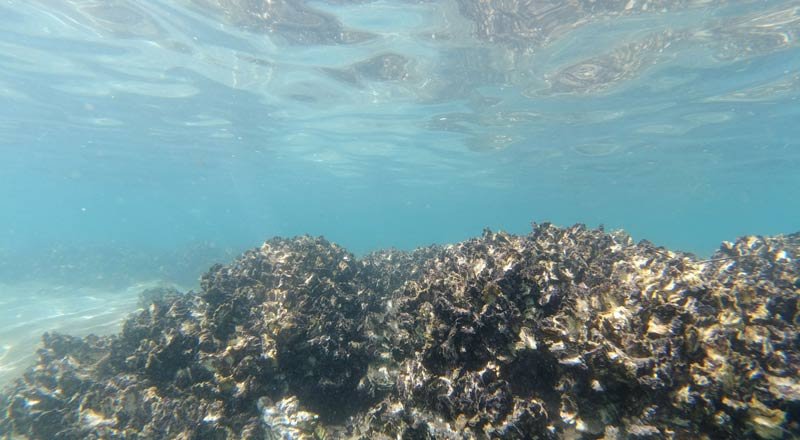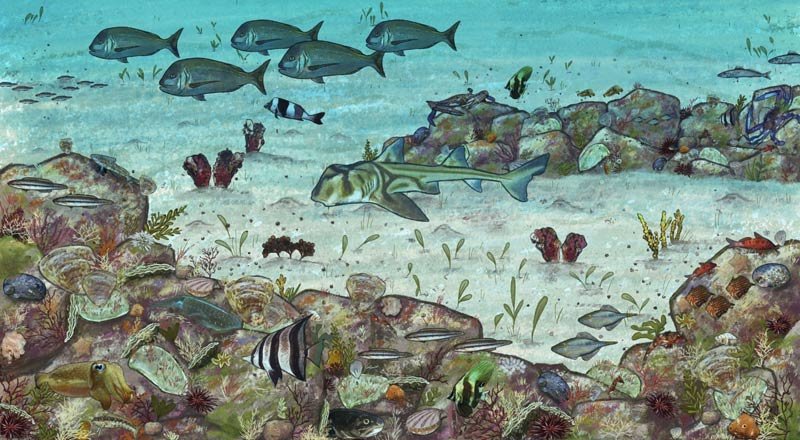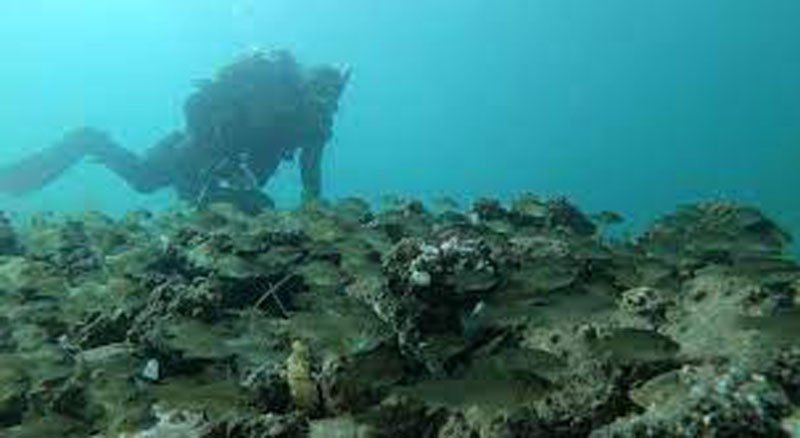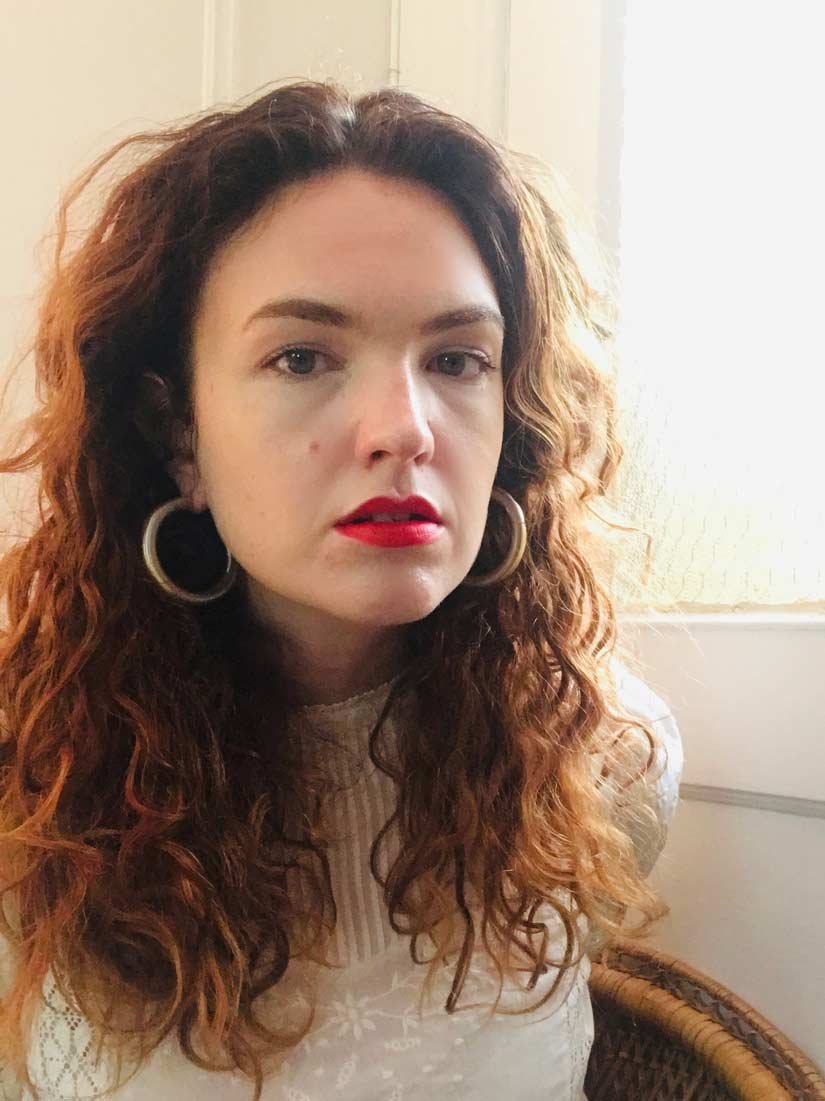We have lost around 85% of oyster reefs. That’s not only the loss of oysters but also the habitat they provide other marine animals and plants. Oysters are amazing, not only do some create pearls but as sequential hermaphrodites, they can switch between male and female almost on a daily basis.
Dr. Dominic McAfee is a researcher at the University of Adelaide in Australia. His work centers around restoring lost marine ecosystems, specifically shellfish reefs. Along with employing novel technology and reef restoration projects, he seeks to understand how oysters enhance the resilience and function of coastal ecosystems. He seeks to develop conservation messaging strategies that enhance public engagement via conservation optimism.
THE CREATIVE PROCESS · ONE PLANET PODCAST
As you think about the future, our existential crisis, and the kind of world we're leaving for the next generation. What are some of your reflections on the beauty and wonder of the natural world? And what would you like young people to know, preserve, and remember?
DOMINIC McAFEE
There's this real emergence of young people doing incredible things enabled by bio-modern technology and a more globalized and connected world and access to amazing educational resources about what the environment does and means for humanity.
People typically have quite a dire view of the state of the world but have a positive view of the local environment, which is very interesting. So it's the potential of every individual to make an impact and to spend a little bit of time thinking about their actions and, and how they can influence the way that other people also care about the environment.
Because when you have young, impassioned people involved in environmental work, there's a magnetism there that draws other people in, and that's what I've seen from the young pioneers and the emerging scientists that they can generate a lot more excitement and momentum within their peer groups and their age groups.
THE CREATIVE PROCESS · ONE PLANET PODCAST
Oysters are amazing. Not only do some make pearls, but the sexual reproduction of oysters is unusual and fascinating.
McAFEE
Absolutely. They are incredible beasts. You know, dolphins have cute eyes. Marine mammals, we have a natural affinity with them. How do you engage with a shelled introvert that hides away its entire life? But if we think about them as an organism, they are quite fascinating. A real character of the sea. So part of the reproductive process for the oyster that I work on are what we call sequential hermaphrodites. That means that they can switch between male and female almost on a daily basis. When you open them up, you can actually sometimes see egg and sperm next to each other. Incredibly dynamic organisms. They redefine, in many ways, how we think about sexuality. It's far more fluid with oysters. One of the amazing things about them though is that they were forming these reefs since before the time of the dinosaurs.
THE CREATIVE PROCESS · ONE PLANET PODCAST
You are involved in a very impressive project on Australia's oyster reefs. I didn't understand that they're one of the most critically endangered marine ecosystems.
McAFEE
We've lost something like 85% of oyster reefs globally. In Australia it's over 99%. We've smashed this ecosystem to smithereens. It covered something like 7,000 kilometers of coastline and the flat oyster reef, for example, the flat oysters, one type of oyster that we work with were completely removed from the Australian mainland, and about 5,000 kilometers of reef destroyed in a very short period of time. And because of the intensity with which the coastlines were modified following European settlement of Australia, they haven't been able to come back naturally.
We've been using healthy marine sounds with underwater speakers to attract oysters to these reefs. So when the historical native habitat was lost, it also lost the sound that was associated with those reefs, that sound created by the millions of animals that live in that complex habitat.
Now there's recognition that anthropogenic noise, noise from shipping and motorboats, and other urban noise is masking the natural sounds of the sea and dominating the soundscape as we call it. We're hoping that we can counteract some of those negative impacts of anthropogenic noise by playing healthy marine sounds.
This interview was conducted by Mia Funk and Callie Cho with the participation of collaborating universities and students. Associate Interviews Producer on this episode was Callie Cho.
Mia Funk is an artist, interviewer and founder of The Creative Process & One Planet Podcast (Conversations about Climate Change & Environmental Solutions).






















































